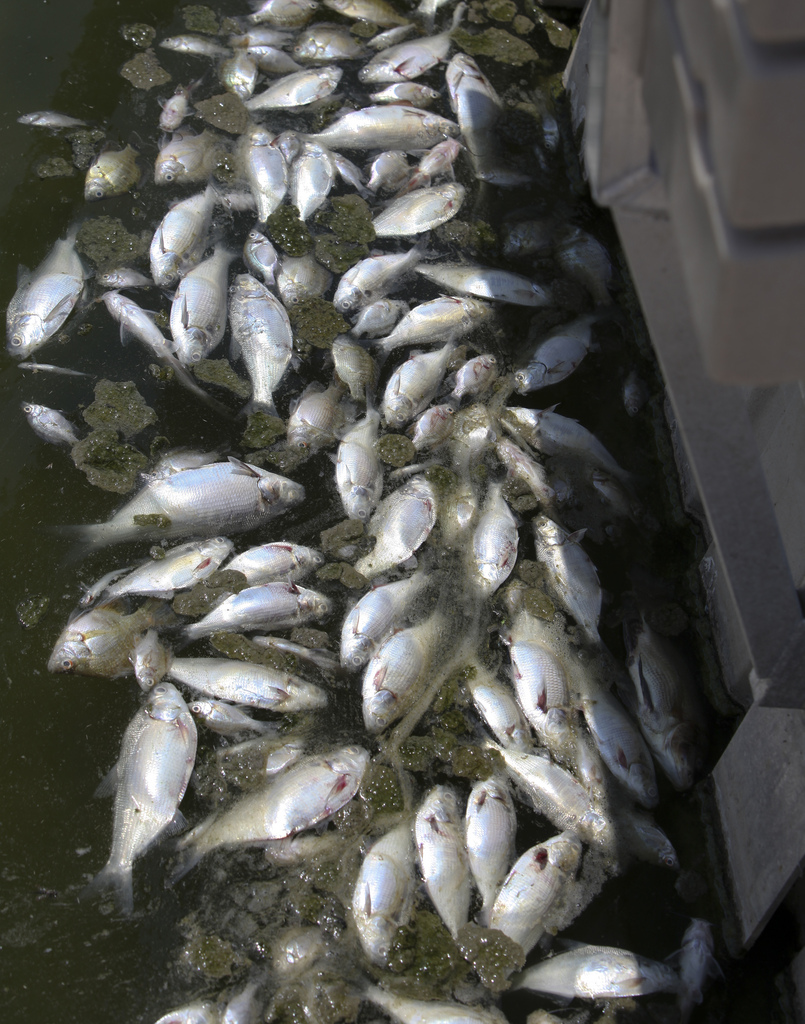
The local government in Virginia finds themselves in quite a pickle when tens of thousands of fish went belly up due to a pesticide leak. Despite the modest leak (about 165 gallons of pesticides was released in the stream), the damage to Virginia's beautiful wildlife was immense.

According to Virginia Department of Environmental Quality spokesman Bill Hayden, authorities are continuing to figure if the fish kill is severe enough to penalize the company that's responsible for the chemical leak, Crop Production Services.
Meanwhile, residents say the chemical spill has spread to about five miles downstream. Experts say it will take years before the stream will return to normal, which only shows the grim effects of chemical spills despite the defense of some chemical companies that their products are safe and sustainable.
Agricultural Chemical Kills Off Tens of Thousands of Fish
According to a report from the Virginia Department of Health, over 40,000 fish were found dead following the leak of an agricultural-use chemical in the Roanoke, Virginia area, which is a popular outdoor destination area near the Appalachain Trail.
The chemical in question was found to be Termix 5301, a surfactant (detergent-style substance) that is typically added to pesticides and herbicides before they are applied to crops, as noted by the Virginia Department of Environmental Quality.
It reportedly leaked from a punctured container on the property of Crop Production Services, the responsible company, and was then washed into Tinker Creek via rainfall.
Among the fish species that were killed included rock bass, largemouth bass, sunfish, smallmouth bass, bullhead catfish, suckers, margined madtoms, darters and more. Considered a “significant incident” by the department, the fish die-off is believed to be one of the larger ones in the state’s history.
The company responsible for the spill is Crop Production Services, which offers products from all of the major chemical manufacturers including BASF, Dow, Monsanto, DuPont and others. According to the department they have taken “numerous actions to address the fish kill.”
Image courtesy of: g2pix






